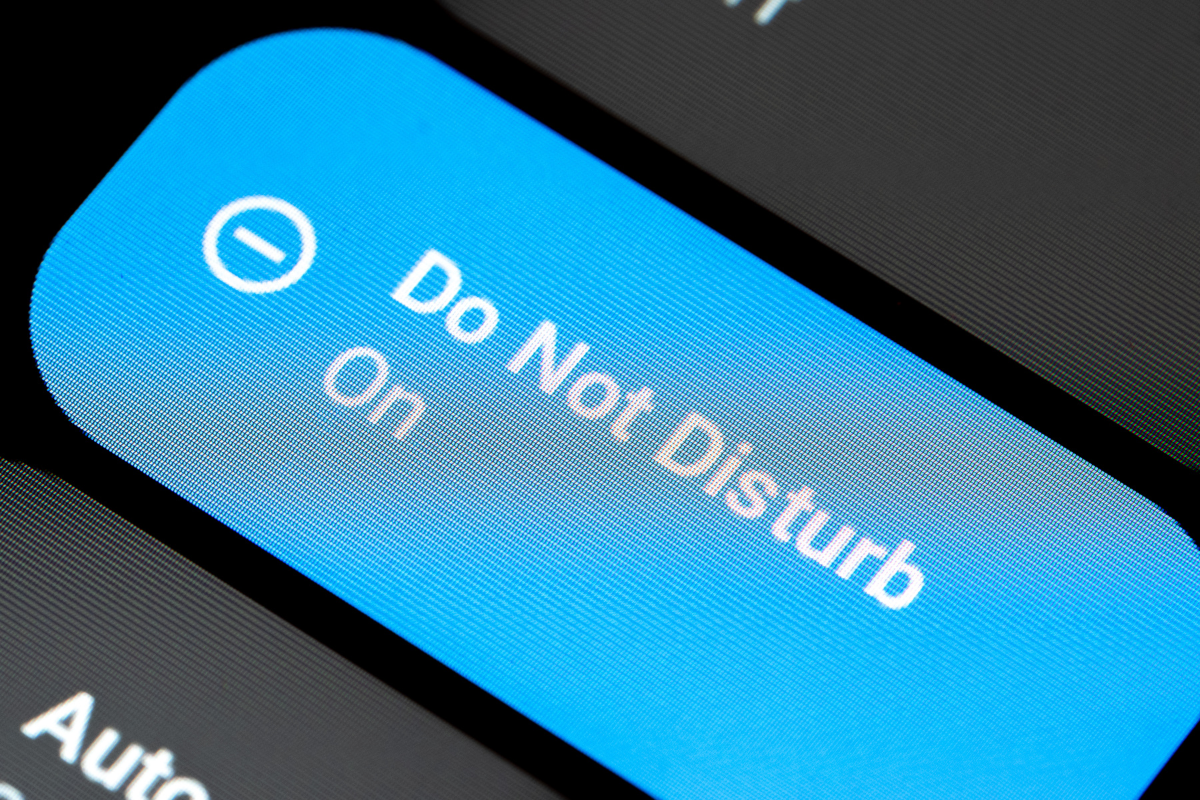In today’s hyper-connected world, smartphones have become almost inseparable from our lives, especially for teenagers. These devices offer instant access to social networking, messaging and entertainment, but a recent NIHR-funded study has revealed a worrying connection: problematic use of these devices could be exacerbating anxiety, depression and sleep disorders among young people. In this article, we will break down the latest findings and discuss possible strategies to mitigate these negative effects, thus offering a clearer perspective on how to balance the use of technology in teenagers’ lives.
How smartphones affect adolescents
A prospective study conducted in the United Kingdom has highlighted how problematic smartphone use (PSU) relates to adolescent mental health. This study, which included students aged 13-16 years, revealed that a significant proportion of these young people reported symptoms of anxiety and depression linked to UPM. These findings underscore a growing concern about the impact of technology on the emotional health of adolescents.
What the data tell us
The study examined 69 participants over several weeks to assess the impact of smartphone use on their mood and sleep quality. The data showed that 44.4% of adolescents with PMU had moderate to severe anxiety symptoms, compared to 26.4% of those without PMU. Although smartphones offer numerous advantages, such as facilitating communication and access to educational resources, significant negative effects on school performance and sleep quality were also observed, highlighting the need for a more conscious and balanced use of these devices.
Understanding problematic use
It is crucial to differentiate between total screen time and problematic smartphone use. Screen time simply measures how much time is spent using the device, while problematic use refers to addictive and compulsive behavior patterns. Studies have shown that problematic use is more closely related to anxiety and insomnia than screen time alone. This distinction is essential to understanding how device behavior can affect mental health.
A comparative analysis
Although time spent on the smartphone is not always directly related to elevated levels of anxiety or depression, an association with sleep problems has been observed. This suggests that while screen time may have less direct effects on mental health, the way in which the device is used, i.e., problematic use, has a more pronounced and significant impact. The primary concern lies in how compulsive usage patterns can disrupt the emotional and physical balance of adolescents.
How to improve smartphone management
The study also identified several effective strategies to limit problematic smartphone use. Among the most recommended are turning on “Do Not Disturb” mode, turning off notifications, and keeping the phone in another room at night. These methods help reduce constant exposure to digital stimuli and foster a healthier sleep environment. Although most adolescents attempted to implement these strategies, some strategies such as limiting access to specific apps proved less effective compared to more general changes in usage habits.

Insights and challenges
The qualitative analysis revealed that adolescents are aware of both the benefits and harms associated with smartphone use. While some value the phones’ ability to enhance communication, learning, and connectivity, they also recognize the negative impact on productivity, interpersonal relationships, and mental health. This duality in perception underscores the importance of finding the right balance in managing the use of these devices.
Facing the challenges and taking advantage of the benefits
Adolescents reported that while smartphones offer advantages such as connectivity and access to educational resources, they also experience negative effects, such as increased difficulty concentrating in school and trouble sleeping. This duality in the perception of smartphones highlights the need for a balanced approach to managing their use. Implementing evidence-based strategies and promoting critical awareness of technology use are critical steps in helping youth navigate the challenges of the digital age.
Guiding youth toward healthy use
Findings suggest that while many adolescents understand the impact of problematic smartphone use, there is still a significant need for support and guidance. Developing and implementing effective interventions for those seeking help to manage their smartphone use is crucial. Parents and educators can play an essential role in guiding adolescents toward healthier use of these devices. Encouraging an open dialogue about the risks and benefits of smartphone use, and collaborating to create personalized strategies to limit problematic use, can be an important first step toward healthier technology management.
By better understanding the challenges presented by smartphones and working together to address them, we can support the mental and emotional well-being of our youth in the digital age. Encouraging healthy digital habits and providing appropriate support is key to helping teens maintain a healthy balance in their digital lives.
Study with us
The impact of excessive smartphone use on adolescent mental health is a growing challenge in education. The Master in Education with a specialty in ICT in Education provides you with the necessary tools to integrate digital technologies in a balanced way in the school environment. This program will prepare you to develop effective strategies that foster a healthy use of ICT and support students’ well-being. Upon completion of this master’s degree, you will be ready to lead with innovation and meet today’s educational challenges. Learn more about how this specialization can empower your career on our website.
Sources:
Teens’ problematic smartphone use linked to anxiety, depression, and insomnia

